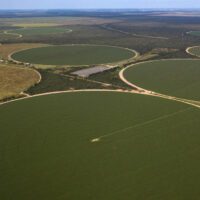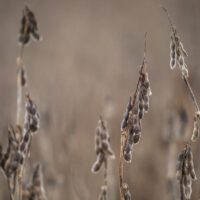Open call for artists and activists
Applications are now closed
We’re looking for work that sits at the intersection of art and activism to foster imaginative strategies that create change, and interventions in places of public, political and corporate structural power.
Three projects will be supported with grants of £10,000, a separate production budget, and a box of ash from burnt Amazon rainforest to incorporate into the project.
Recognising the injustices built into the industrial food system, this project prioritises the perspectives of artists and activists who self-identify as Black, Indigenous, people of colour and/or working class.
We welcome people identifying as disabled and neurodivergent, and will support access needs wherever possible.
Applications are now closed.
- See the projects on the showcase page.
- See the full info pack for applicants.
- Email badtaste@greenpeace.org with any queries.
What are we looking to support?
Ideas should confront the damaging nature of the industrial meat and dairy system in the UK by:
Exposing harms: exploring how corporations, such as major food brands or agribusiness, or the UK government, are complicit in the crises that industrial meat and dairy exacerbate for people, climate and nature.
and / or
Promoting solutions – making links between industrial meat and dairy reduction and climate and social justice.
We are looking to support artworks, creative actions and interventions that are:
- Focused, simple and targeted to achieve maximum impact.
- Conceptually compelling, imaginative, bold and ambitious.
- Site-specific and take place in public, corporate or political spaces – perhaps without permission.
- Subversive and find unconventional ways to confront corporate actors.
- Action focused and can be delivered collaboratively with Greenpeace specialists, including climbing and/or boat teams.
See the the formal selection criteria for shortlisting in the info pack for applicants.
Other conditions
- All projects must take place in the UK.
- Participants must be available for a one-day collaborative workshop on 9 February 2023.
- Participants must be willing to participate in Greenpeace’s nonviolent direct action (NVDA) training programme (one day) during the project development period, after grants have been awarded.
- Participants should be comfortable with collaborative working and have an open and positive approach to shared learning.
Check the info pack for applicants for more guidance on eligibility and what we’re looking for.
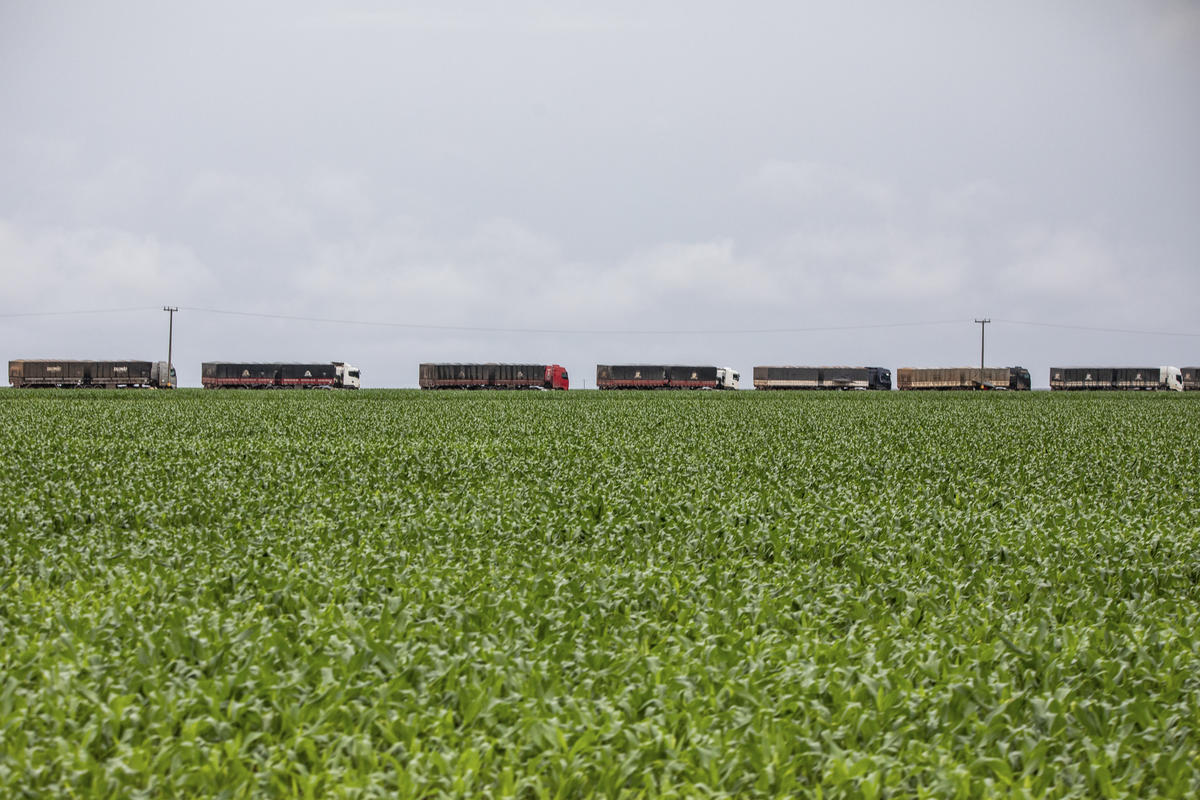
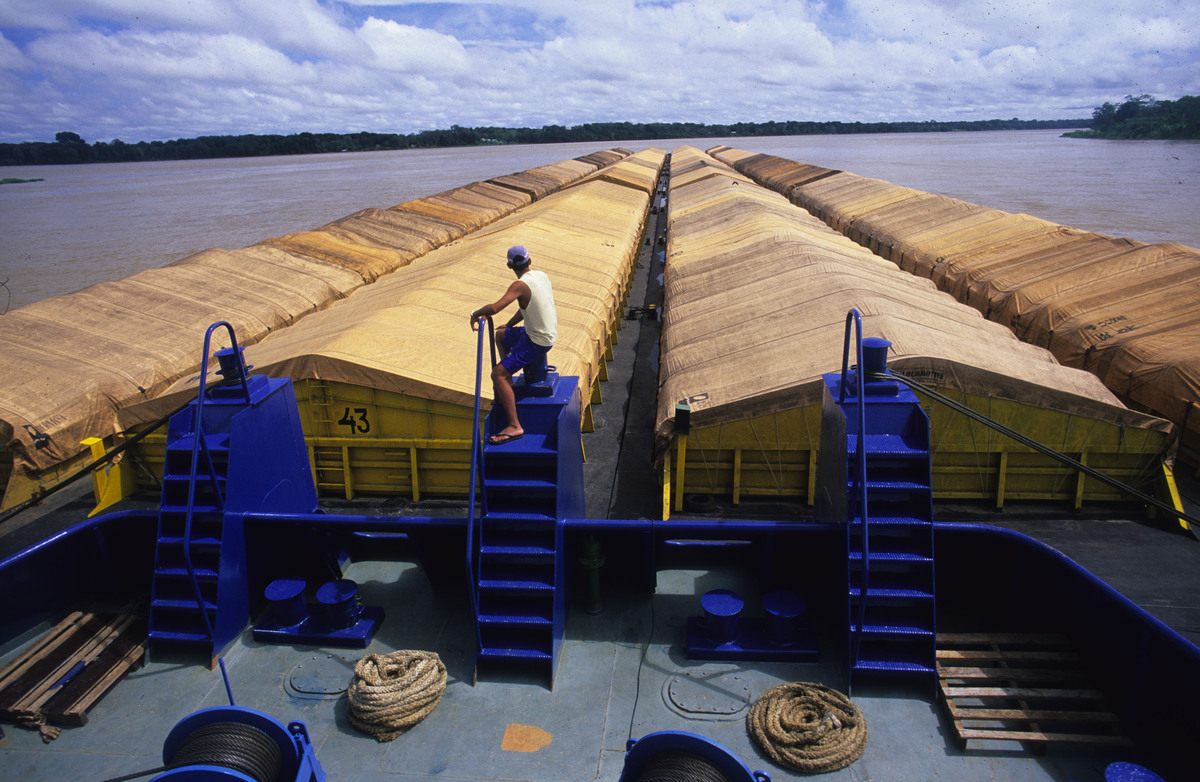
What you’ll get
Three projects will be supported with:
- A £10,000 grant to cover your time and fees.
- A share of the £45,000 production budget, depending on individual project requirements.
- An archive box of ash from a burned area of Amazon rainforest. You can decide how to incorporate the ash. If not in the final work, it must be demonstrably embedded in the creative process.
- A package of expert support, training and mentoring tailored to your project and personal needs.
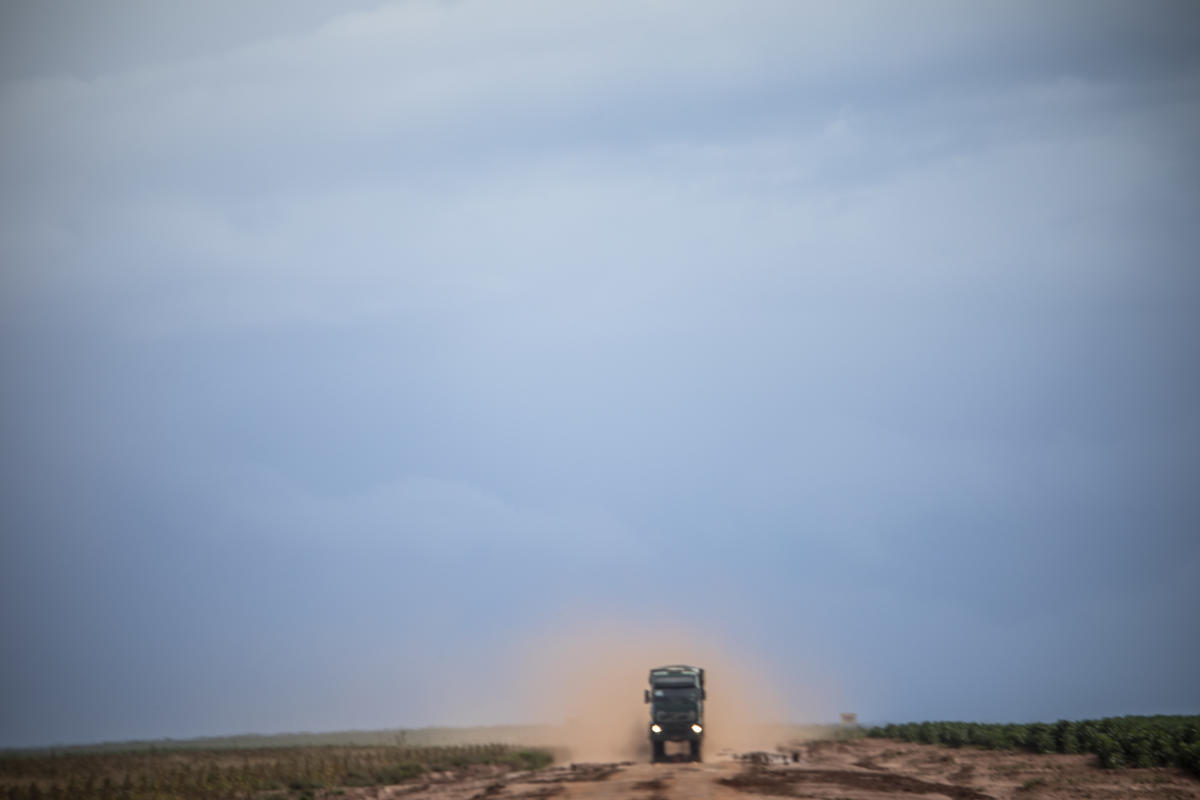
About industrial food and climate change
The climate impacts of industrialised food production are so severe that the biggest meat firms do as much damage as fossil fuel companies. Without significantly reducing meat and dairy, emissions from the global food system alone would make it impossible to keep climate change under control. Challenging this destructive industry is key to preserving a liveable planet.
Learn more
Why is meat bad for the environment?
Five crucial facts about industrial meat's impact on the environment.
The shocking violence and suffering behind the global meat industry
How the meat industry hurts people all over the world.
Key dates 2022-23
- 1, 8, 15 December 2022 and 5, 12 January 2023: zoom Q&A sessions available
- 15 January: Open call closes (midnight)
- 27 January: shortlisted applicants notified
- 9 February: workshop (one day)
- 5 March: project proposal deadline
- 20 March: grants awarded
- 27 March: project development begins
- April: nonviolent direct action training (one day, date tbc)
- May to August: project development and production cont.
- September to November: project delivery across the UK
- December: project debrief
This schedule is subject to change depending on project requirements and external circumstances.
See the full process and selection criteria
Collaborators
The project has been developed with various practitioners including:
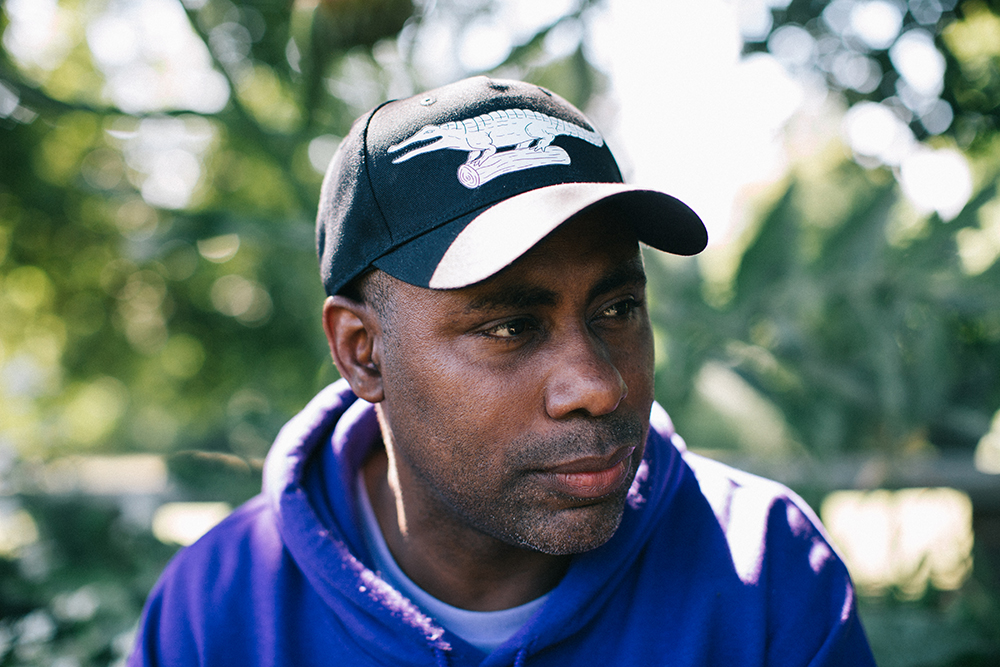
Harun Morrison

Tania Bruguera
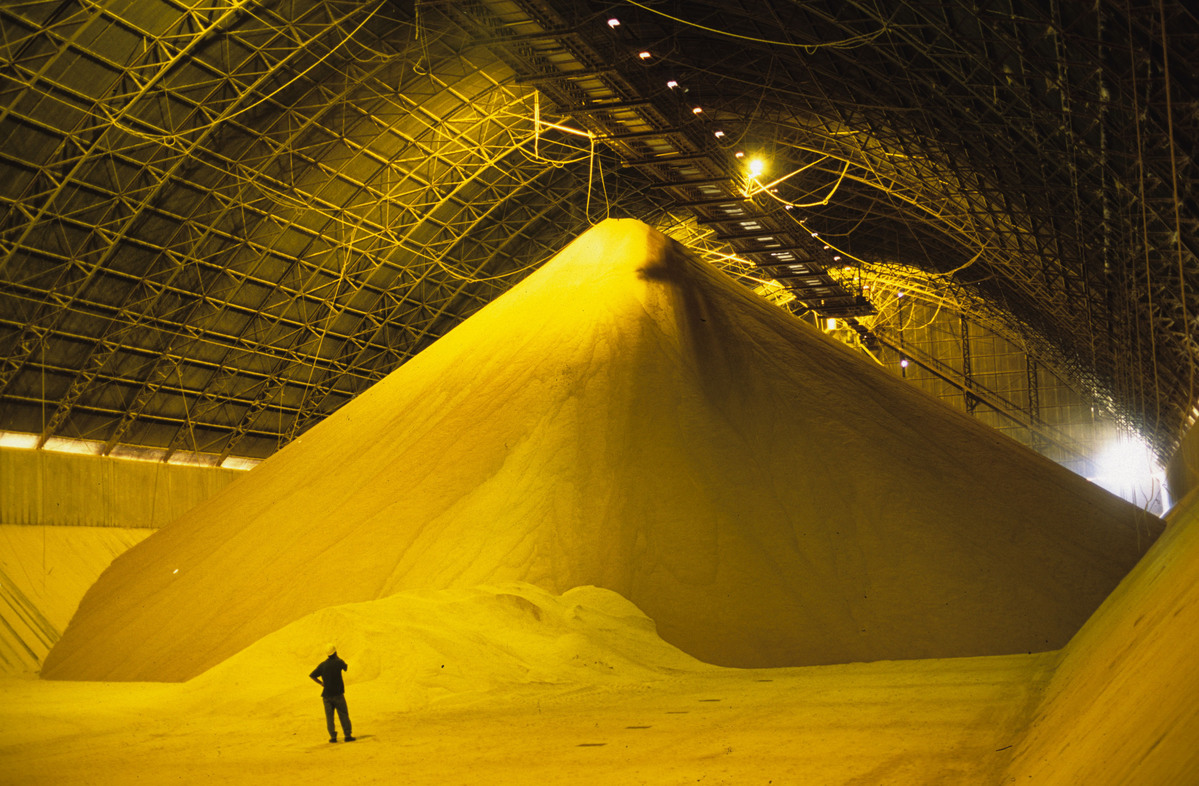
Soy is stored in a silo in Itacoatiara, Brazil, ready to be exported around the world. Forests across Brazil are cleared to make way for soy plantations, and the majority is used to feed livestock. © Werner Rudhart / Greenpeace
Ask a question
Get more info
You’ll find lots more details on the project, with answers to common questions in the application pack.
Email us
You can contact the team at badtaste@greenpeace.org.
Press and media enquiries
Contact press.uk@greenpeace.org or visit the press centre.
Read the press release for the project.
The Bad Taste identity has been designed by Julie Kim in collaboration with Harun Morrison.

